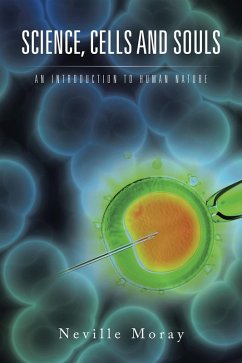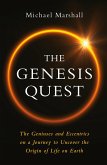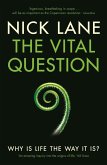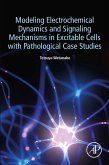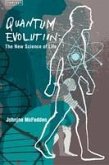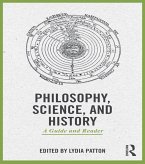To think about the mind, the self, the will and consciousness used to be left to philosophy. Today neuroscience, genetics and computer science seem poised to take over these topics. Can we find a way to combine modern science with traditional ideas and ways of thinking? What is life? Can we make it? Can we make a person? Can machines think? Do we need the notion of a soul? How does consciousness arise? This book shows how to think about the relation between science and philosophy in order better to understand human nature in the light of modern and traditional knowledge. The aim is not to prove that one approach is better than the other, but to help the reader to form and discuss their own questions. It is a vessel to let you set sail on your own voyage of intellectual discovery.
Dieser Download kann aus rechtlichen Gründen nur mit Rechnungsadresse in A, D ausgeliefert werden.

